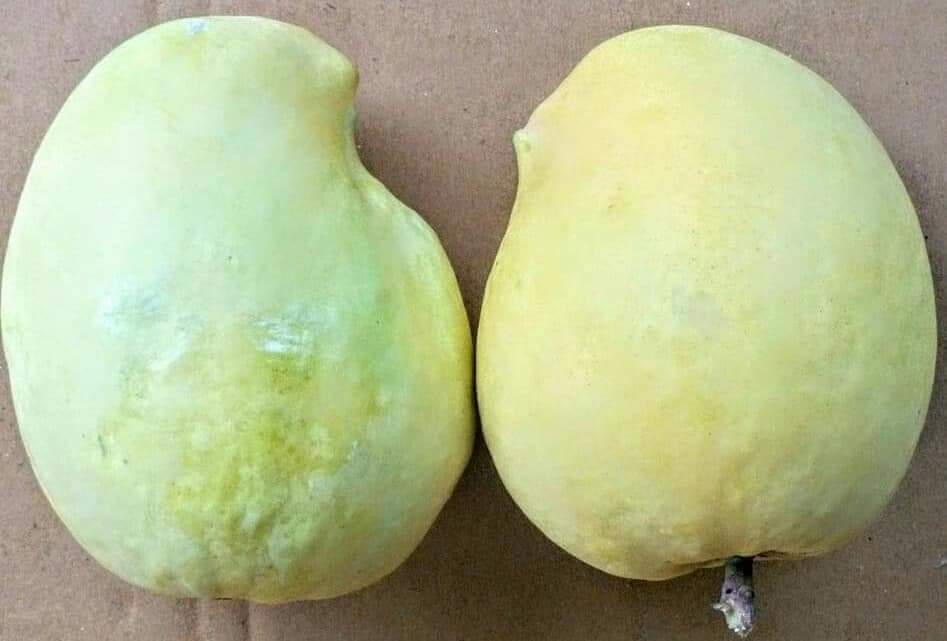Processing mangoes
Women play an important role in processing our fruit from washing and drying, to sizing and packaging. Women contribute over 60% of work on the farm.
We also have many skilled men in harvesting. Mangoes are picked by hand, then placed into a bamboo basket which is carefully lowered to the ground by a system of ropes.
At the base of the tree, women then remove the resin, leaves and other material. They are sized and packed on the farm unless the client requests washing; they usually do this themselves.
If clients require washing, we transport the mangoes to my facility in Kyaukse Township, 10 minutes from the farms. For food safety and Singapore standards, we wear hair nets and gloves.
Our workers carefully wash the mangoes, then package them according to customer requirements, for example in plastic/cardboard fruit cartons, wrapped with paper or netting to prevent bruising or spoiling.
On my farm I also have a warehouse. Mangoes must get to the market as soon as possible. The warehouse provides cool conditions before transit.
Within 24 hours, our mangoes are transported across the border and are being sold in Chinese markets. Since COVID-19, our export time has increased to 48 hours due to extra sanitation, testing, and paperwork.
Processing spices
We bought the equipment for making powder from China in 2020. I was trained by our Chinese manufacturer. Processing includes washing, drying, and grinding to produce powder.
In the high season, we outsource some of our product processing to a reputable company with many years of experience, to keep up with volume. The spices are dried using a solar dryer dome, an innovation that improves the quality and is environmentally friendly, using the energy of our glorious sun.
We sell ginger, lemongrass and garlic powder in easy-to-use plastic pouches of 25g and 30g for local markets. In 2021 we produced 64 kg per product. Our spices were found in most cities prior to COVID, supermarkets, and small family grocery outlets.
In late 2022, I was approached by Middle Eastern traders at SIAL Paris, the world’s leading food trade show, about high quality fresh ginger. I hope to develop this relationship in 2023. Myanmar ginger is spicy and hot. It is world class.
My ginger and garlic are grown in Shan State. I source them through three reliable traders. One sells certified organic ginger and garlic for niche markets. The traders are growing stronger and can supply products of a consistent volume and quality.
Lemongrass

Lemongrass is grown on 6 ha of my farm with no chemicals. Most is sold as powder, with some small volumes sold fresh in small and large local markets.
Star anise

Star anise is sourced from Northern Shan State. Star anise is a special and rare spice, not widely grown. It is washed, dried, and ground to make powder in our factory. We package in 40g plastic bottles.
Black cardamom powder

Black cardamom powder is sourced from Northern Shan State. It is processed the same way as anise and packaged in 30g and 40g glass bottles.
Export
Currently we sell locally and to China
We work with farmers on value adding such as producing dried mango.
We also train farmers in micro finance and to better plan for health and education.
- Export: 350 tons to China
- Domestic: 50 tons
In 2022, So Pae Win started preparing for GAP global and HACCP certifications, sending samples to Europe to be tested.
We want our exports to be perfect with no blemishes, we are working on the best transportation options and getting everything streamlined. This falls into my comfort zone as I was trained and worked in engineering software. I plan to be in Europe by the end 2023.
It gives me great joy to do this, as in our culture, food is a way to extend hospitality. I want to extend our natural gifts of mango and spices to the world for happiness, joy, love and wellness.

